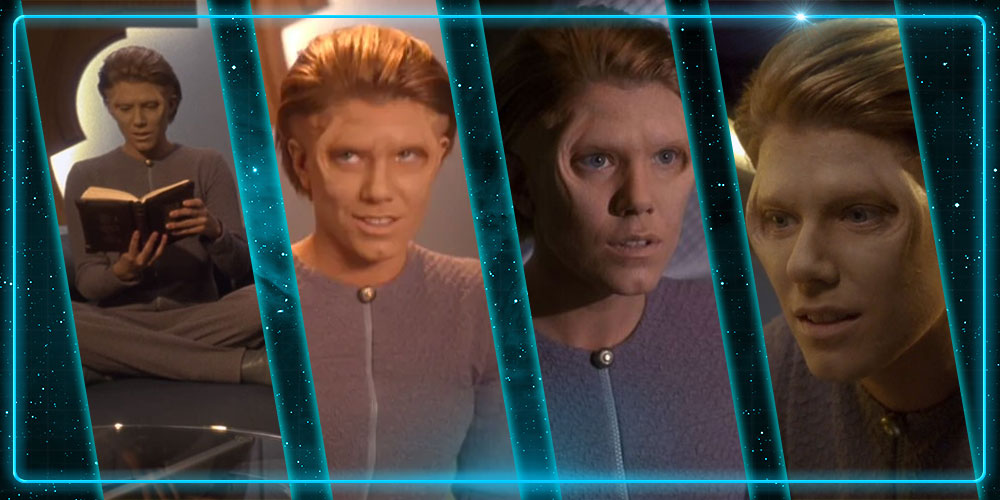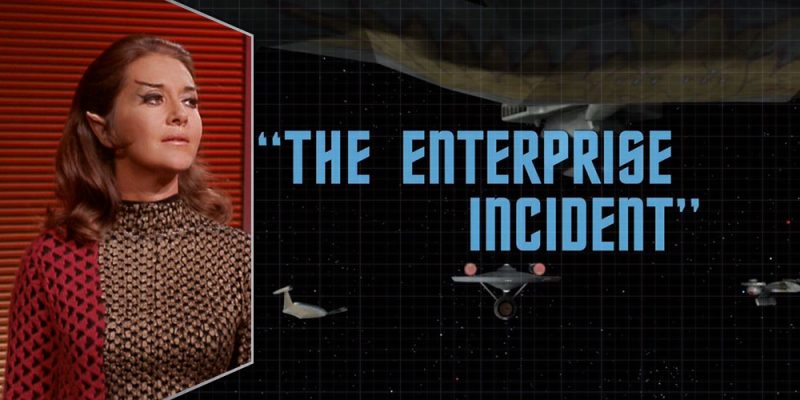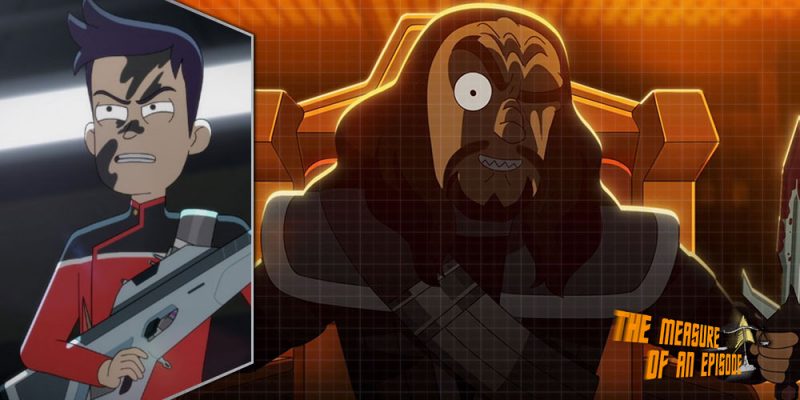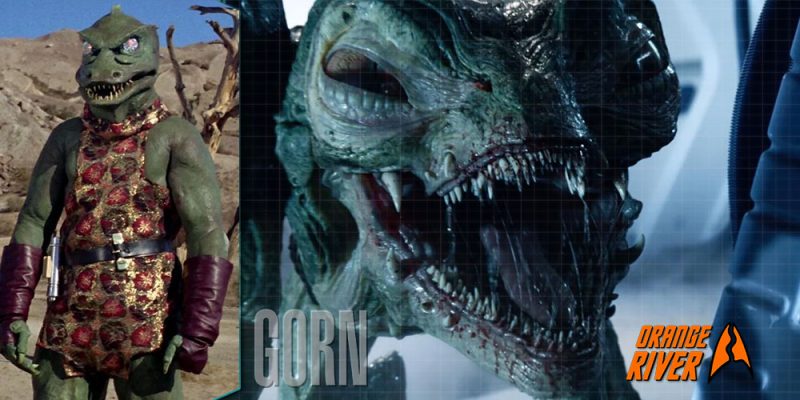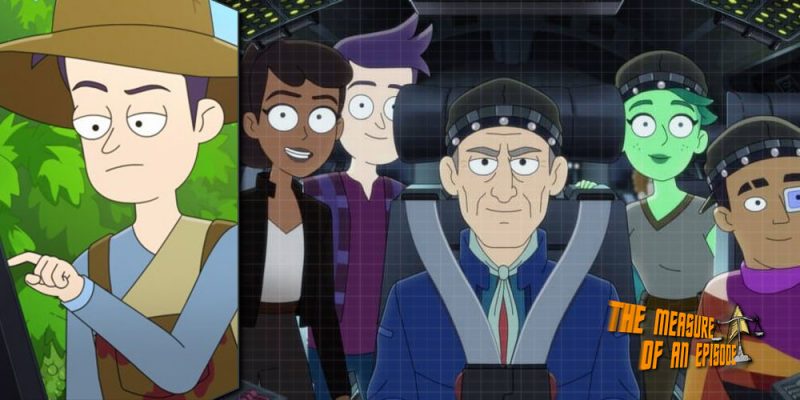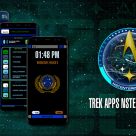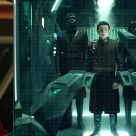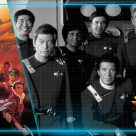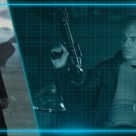“No good deed goes unpunished”
That might sum up the entire episode of Star Trek: Enterprise – Cogenitor. The simple explanation of the plot for this episode is: that the Enterprise crew encounters a new race of beings. And we learn about the differences humans have in producing offspring vs. how the Vissian reproduce their children. In doing so, it leads Trip on a course to interfere with a third sex the Vissian’s use, the Cogenitor.
Yet, it is not as simple as that.
We can be curious about how others live their lives. Freedom to worship, freedom to think, and freedom to act, are thoughts that we want for others as we wish them for ourselves. And, when we come in contact with other societies, we compare them to our own, see how they differ and sometimes try to change them to equal our own.
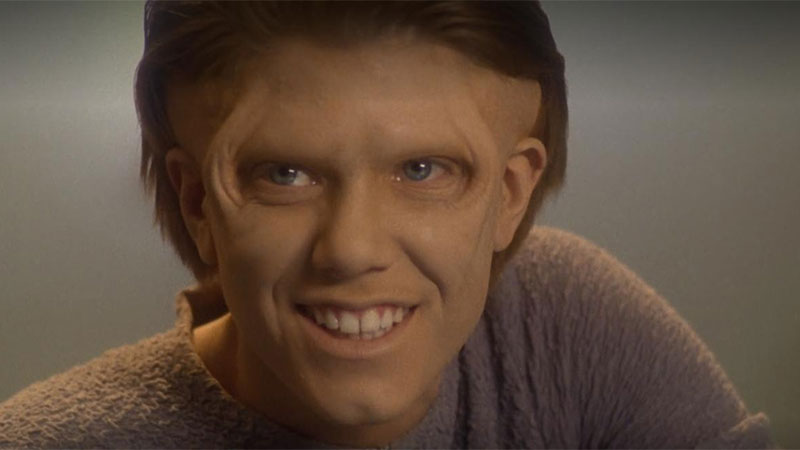
Historically, when one society comes in contact with another, the arriving society thinks, “why these are savages and we need to convert them to our thinking.” Often it is to force religion or an ideology upon them, sometimes at the point of a sword. That was not the case in Cogenitor, but the end result is someone died and mistakes were made.
In this case, it was the method of procreation by a Vissian couple and how Trip, aka Charles Tucker the Third, engineer on the NX-01, viewed the process with his own point of morality. The Vissians used a third sex, a Cogenitor that was needed in the mating process. The episode does not go into it in detail, save for Dr Phlox indicating an enzyme is needed from the Cogenitor to facilitate conception. However, Trip looks upon this as different from how humans procreate and he begins to fixate on the Vissian process.
In Trip’s first encounter with the Vissian engineer, his wife and the Cogenitor, it is cordial and Trip is extremely interested in the workings of their ship’s warp drive. Trip is invited over to the Vissian ship to see how their ship is engineered and his discussion leads to who the Cogenitor is, how it eats and sleeps and that it is only needed to produce a child. At first, Trip says he wishes to keep an open mind. Ah, the best-laid plans…
While Archer is away on a three-day mission with Capt. Drennik, leader of the Vissian ship, examined the nucleosynthesis of a hypergiant sun (the Vissians have a Stratopod to allow them to get within a close distance) and to foster a better relationship between their two species. Without Archer available, Trip meets with T’Pol to discuss his issues with the Vissian.
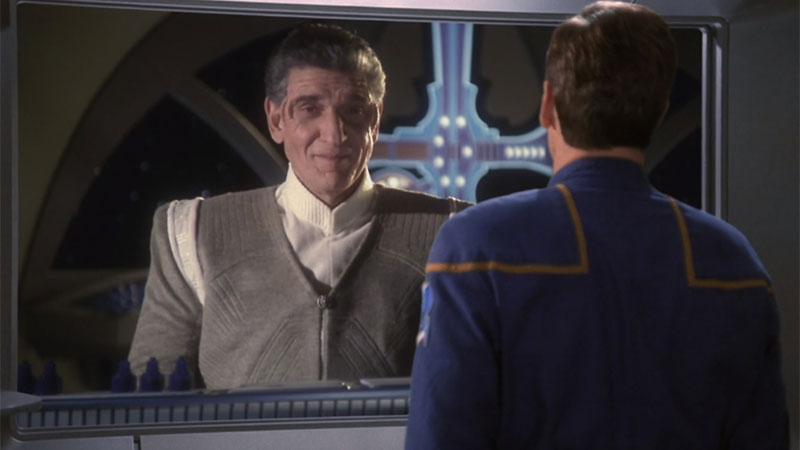
She, smartly, reminds Trip that we need to be completely open-minded with new species when first contact occurs. Trip feels that the Cogenitor is treated more like a pet. He compares it to Archer’s dog, who does have a name, yet the Cogenitor does not. Not getting the answer or support from T’Pol, he visits Dr Phlox to see what he might think about the subject of the Cogenitor.
“They treat her like a pet. Kept in a room, not taught to read or write, no name. Porthos has a name!”
Phlox also advises Trip to be open-minded. So, Trip asks if he neuro-scanned the Vissians when they entered the ship, which Phlox did not and he asks if that is something he can do himself. Trip returns to the Vissian ship and does a scan of the engineer, his wife and the Cogenitor to determine if there are any differences in their intellect. There is not. This leads Trip into his personal mission: to teach the Cogenitor how to read.
To read. That is one of the most important tools a person can obtain. It allows us to learn. It allows us to understand that which we do not understand. It allows us to grow. And in this case, allows the Cogenitor to think for itself. In most cases, we should applaud Trip for his ingenuity, and his need to help what he considers a less fortunate individual.
However, by doing so, Trip opens a Pandora’s Box that causes the Cogenitor to reconsider its existence. And Trip continues to feed the Cogenitor’s need to learn, to the point where the Cogenitor wishes to free itself from its intended purpose in life to only be a vessel in the procreation of another life.
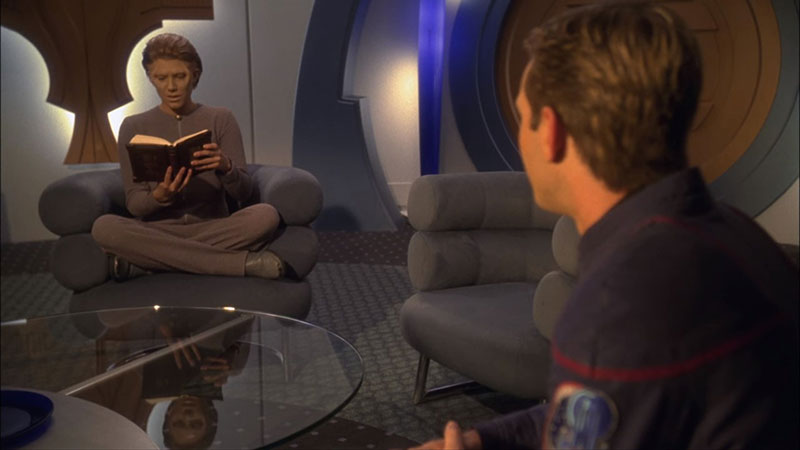
We all have our purposes in life. Some have inert abilities that others do not have or cannot obtain. And we all have the need in life to improve the lives of others. We are a society that approves of and lauds our teachers. From that first encounter with a kindergarten teacher till the day that we are given a diploma for the completion of higher education, there was someone else who taught us to read, to write, to think for ourselves.
And then there are those in life that question what we are taught. There are those that feel it is their right not to want to see the improvement in the lives of others. In the case of the Cogenitor, it was not given the opportunity to learn because it had one singular purpose in life, to help others to create new lives. Was Trip right or wrong? He only wanted to teach a creature to read, to learn, to improve its life. But, as Archer ponders, did the Cogenitor request this from Trip or was it Trip’s attempt at doing a “good deed”?
In doing his “good deed,” Trip has caused great harm to the Vissian engineer and his wife. In that, without the services of the Cogenitor, they cannot create the child they have longed to have. And why did this happen?
The Cogenitor, in wanting to free itself from the shackles of its intended purpose in life, requests asylum from Archer while aboard Enterprise. Archer, being the purposeful person he is, meets with Capt. Drennik and the Vissian couple to discuss options in granting the asylum request. However, if Archer does, he has doomed the couple from ever having a child or that of other Vissian couples from using the services of the Cogenitor to allow them to have children as well.
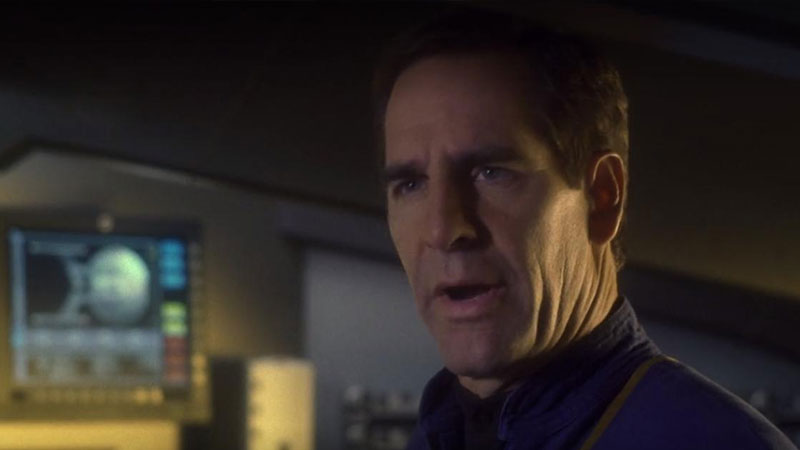
If you were Archer, what would you do?
He is left to only do the correct thing: to return the Cogenitor to the Vissian ship. As the two ships go their separate ways, the two captains share parting words of future encounters. Even though Archer has made the correct decision, he is still uneasy with it.
Do you agree? Did Archer make the correct decision? This was a real Kobayashi Maru moment. A “no-win scenario.” No matter what Archer decided, it was not an easy decision. Allow the Cogenitor its freedom and “slap the face” of another race, telling them that their society’s morals are wrong?
Or do you return the Cogenitor to its “owners,” forced to return to a life devoid of books, of learning, of thinking for itself, only to be used as a method of procreation and then to be turned over to another “owner” to create another child? And the results of Archer’s decision had a lasting effect. Shortly thereafter, Archer requests Trip’s presents in his quarters to let him know the outcome of his decision.
The Cogenitor, knowing that its life would not be what it hoped for after Trip’s opening of the Pandora’s Box of knowledge, commits suicide. Trip is aghast. He cannot believe that what he did cause another to take its own life. It was Trip’s impulsiveness that has caused a life to be lost and now the inability of a Vissian family or families to produce children.
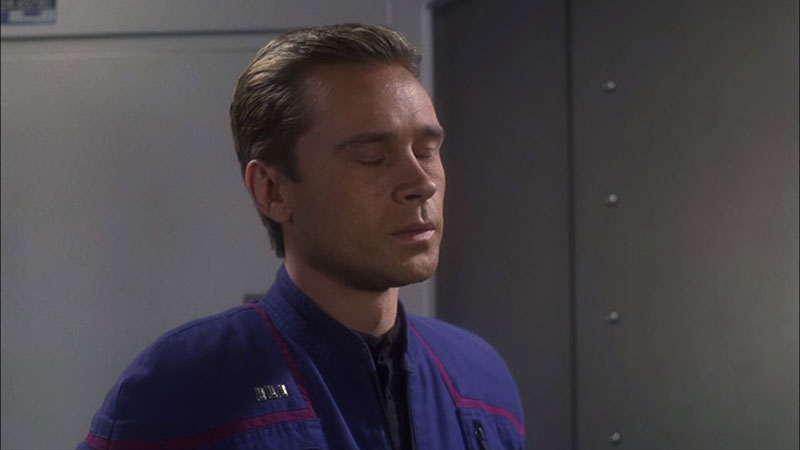
And now Trip must ponder the repercussion of his actions. Trip implores Archer that he has, that he understands what has happened is his fault. But Archer has other thoughts about that. Trip is dismissed and Archer is left to ponder what is to happen from Trip’s actions.
Personally, I feel for Trip. I think that what he wanted to do was to help out another person, another creature to better its lot in life. Is that not something you would want to do yourself? We see the downtrodden in our society every day. We want to help and sometimes in trying to do that, we disrupt their lives in a way that they never requested it to be done.
We have seen it in our own past. When travellers go to distant lands, they meet the Indigenous people and think they are there to improve and lift up what the travellers consider lesser persons. However, those Indigenous people have created a way of life that might not need the assistance of others. And sadly, sometimes those travellers bring a host of diseases that the Indigenous people are unprepared for and in the end, a race of people can be wiped out.
Or that the travellers force their religion on the Indigenous people and cause their culture to change forever. It’s incumbent of us to consider the ramification of our actions and what those actions might do to those that we encounter. And please, do not step away from trying to help others.
This is a normal need of us all, to help those who might be less fortunate than we are. But remember Trip’s lesson. Be considerate of others and what their true wants and needs are. And in the end, you will make the correct decision and not be forced into “the no-win scenario.”

